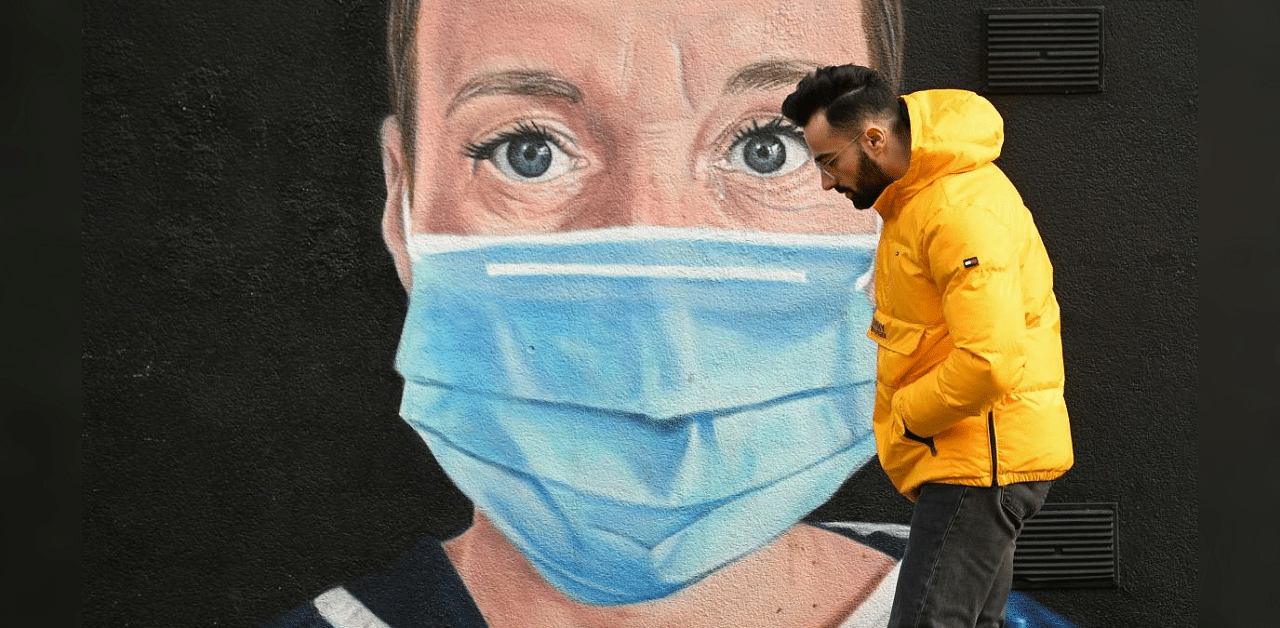
Geopolitical tensions in play before the Covid-19 pandemic coloured the international health response, dramatically deepening the crisis, a renowned political scientist and global health expert told AFP.
Over a year after the novel coronavirus first surfaced in China, more than 1.8 million people have died and nearly 86 million have been infected with the virus worldwide.t did not have to be this bad, said Ilona Kickbusch, the founding director and chair of the Global Health Centre in Geneva.
Without the trade wars and other tensions raging in 2019, "January 2020 would not have played out the way it did," she said in an interview.
"Geopolitics ... put the world in this situation."
Previous global health crises have occurred during times of great geopolitical tension, said Kickbusch, but countries have in recent decades generally managed to rise above their differences to cooperate to combat deadly diseases.
The world managed to come together to eradicate smallpox at the height of the Cold War, she pointed out.
Even when SARS, another coronavirus, surfaced in China and caused havoc between 2002 and 2003, the global reaction was one of cooperation and a push for more transparency, she said.
Back then, Beijing acknowledged it had made mistakes, reorganised its health ministry and created the China Centres for Disease Control. Other countries gave it the benefit of the doubt and called for more cooperation.
"SARS actually led to China (understanding) that they needed to be much more integrated into the (global) system," Kickbusch said. "It was a period of opening."
That stands in stark contrast to the response to the Covid-19 pandemic.
Now, she said: "There is a closing of the mind, quite clearly, on all sides."
Before the crisis, geopolitical tensions had bled into the global health response, she said, pointing to how the US-China trade war had morphed into a "geopolitical blame game".
As a result, she said, "China clamped down totally (and) the US did what it did," and in the end "the whole world has suffered".
One of the casualties of the confrontational pandemic response could be much-needed clarity around the animal source of Covid-19.
The origins remain bitterly contested, amid recriminations and conjecture from the international community, and obfuscation from Beijing determined to keep control of its virus narrative.
A team of international experts is finally expected to head to China this week to investigate, but observers fear the trail may have gone cold more than a year after the virus surfaced.
"I think it will be incredibly difficult to be able to find the origin of the virus, because so much time has passed," Kickbusch said.
While the origin may remain a mystery, she nevertheless hoped the mission would help uncover how fateful decisions were taken and shine a light on the importance of decoupling global health from geopolitics.
"We need to spend 2021 on trying to get global health back on track," she said.
Otherwise, she warned, "we will have serious, serious problems".